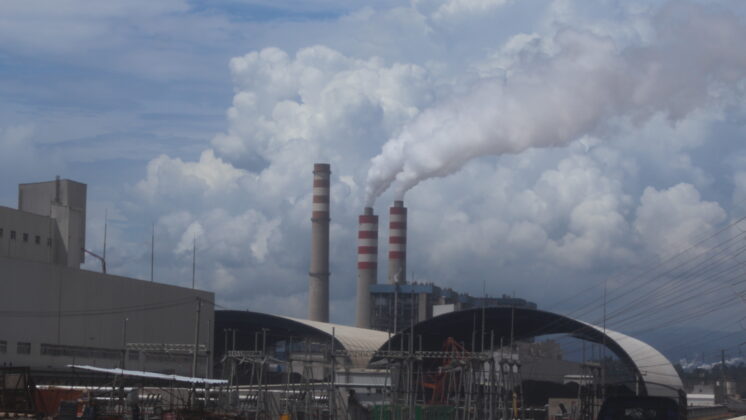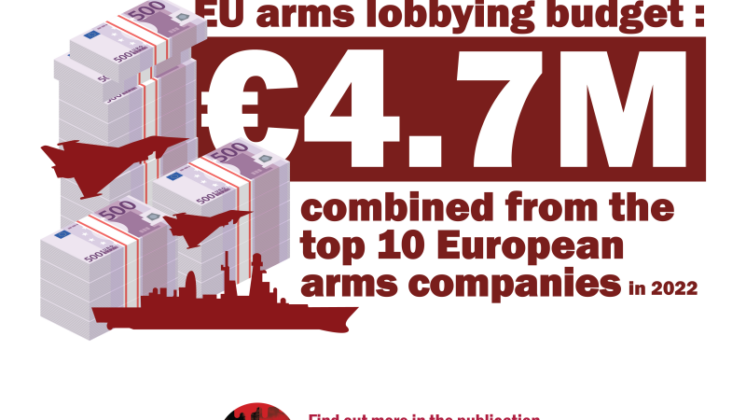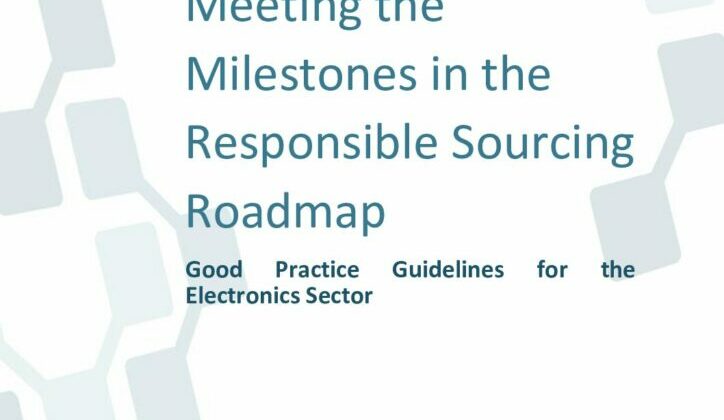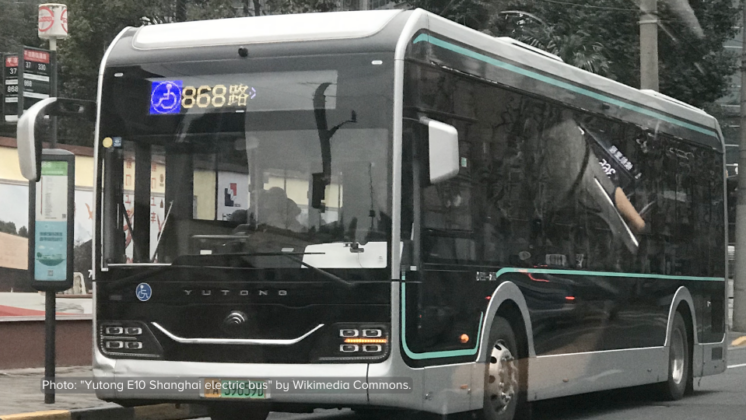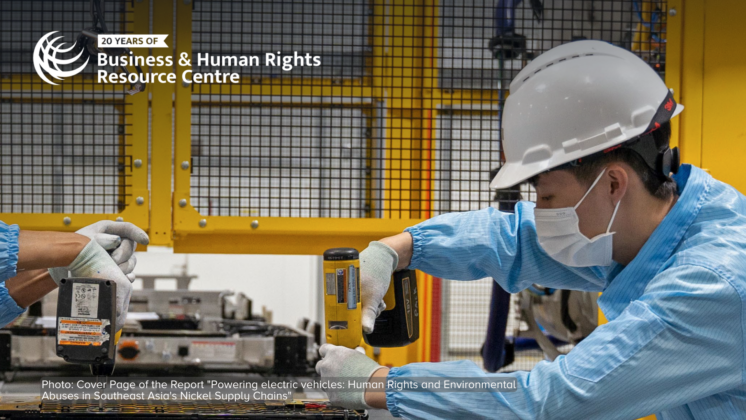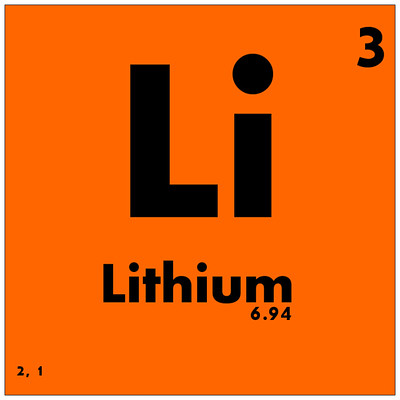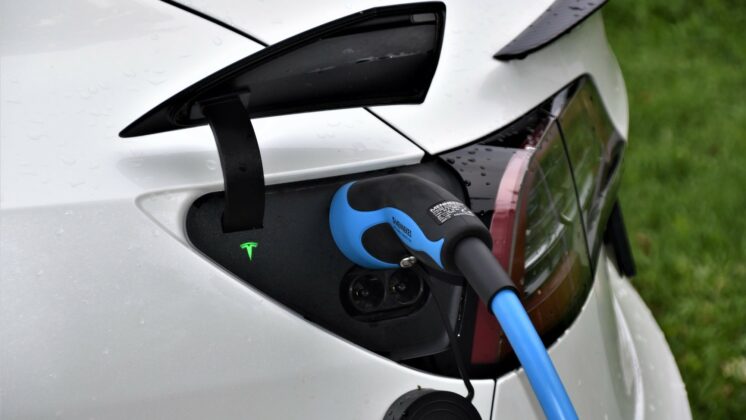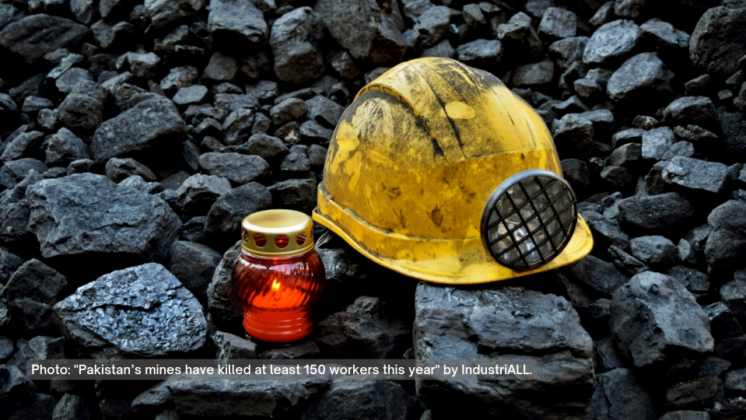On November 22 the European Union (EU) has taken a first step towards cleaning up Europe’s trade in minerals. According to a broad coalition of NGOs, this first attempt is positive, but also half-hearted.
EU legislators concluded their negotiations on a new law on so-called ‘conflict minerals’—a Regulation which is meant to ensure that minerals entering the EU do not finance conflict or human rights violations.

Certain EU companies will, for the first time, be legally required to take responsibility for their mineral supply chains and to take steps to prevent their trade being linked to conflict or human rights abuses. However, a string of concessions and last-minute loopholes could undermine the Regulation’s impact, as they exempt a large number of companies from the law.
The Regulation will cover EU imports of minerals tin, tungsten, tantalum and gold from all countries in the world, and is the first mandatory law of this kind to be truly global in its scope. But while global standards on the minerals trade require all companies to check their supply chains for conflict financing or human rights violations, the EU’s mandatory provisions will cover only a small part of the supply chain. In defiance of the European Parliament’s more ambitious proposal in May 2015, only companies that import minerals in their raw forms—as ores and metals—will be covered. Companies that bring the very same minerals into the EU inside components or finished products are let off the hook. Late in negotiations EU Member States also successfully pushed for the inclusion of a series of import thresholds that will further reduce the number of companies required to comply.
Read the joint press release from civil society organisations here.


